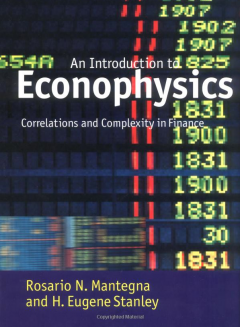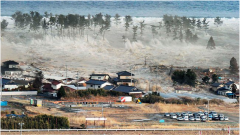All Spaces
Complex Systems

This space introduces visitors to the ideas of Fractals, Chaos, Complexity and Computation. We study the examples of objects, such as trees, river networks, coastlines, weather, earthquakes, the human body, the stock market, evolution, and others that display examples of fractal geometry.
Econophysics

Econophysics is the application of ideas from statistical mechanics to the financial markets. Markets are complex self-adapting systems that are observed to undergo sudden transitions such as “booms” or “bubbles” and “busts” or “crashes”. Transitions in system dynamics are associated with the nucleation and growth of fluctuations, together with a threshold in the state space of the system.
EPS 131 Disasters

We live in an uncertain world. Hazards and risk are common. The world is a complex system. How can we understand and manage our exposure to hazards and risk? How can we recover when the worst happens? The world wide web offers many new possibilities. In this course, we will discuss a number of examples, drawn from the field of natural hazards -- earthquakes, tsunamis, hurricanes and the like -- as well as hazards in other fields as time permits.